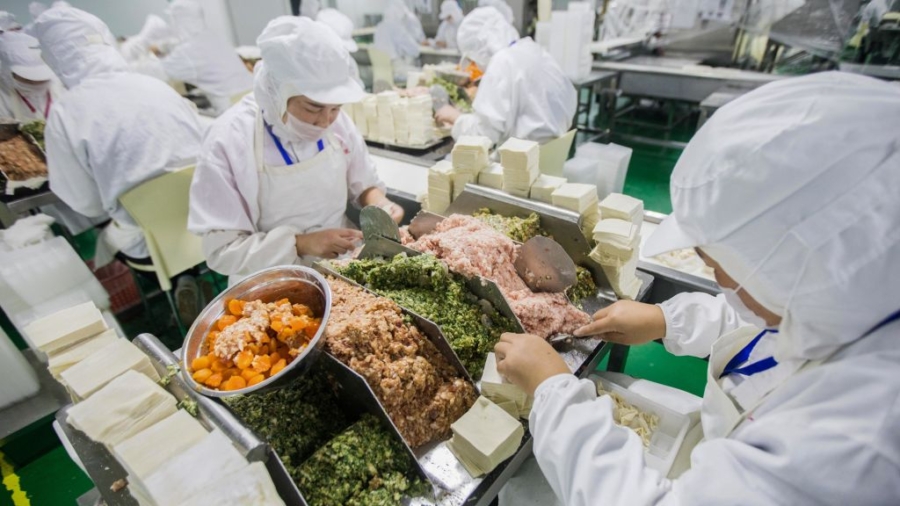Many of China’s A-share listed companies are rushing to set up factories overseas to avoid the rising tariffs brought about by the Sino-U.S. trade war.
Chinese media 21st Century Business Herald reported on Dec. 27 that China’s export-oriented listed companies are expanding their factories overseas. KingClean Electric Co.—a company that creates clean appliances and garden tools—revealed that its overseas business accounted for 67 percent, according to its 2017 annual report.
“If the U.S. tariffs on China’s $200-billion goods is raised from 10 to 25 percent, the company may adopt measures to set up factories overseas,” according to the Business Herald.
In October, KingClean Electric’s investment plan in constructing a Vietnamese production base was reviewed and approved during a shareholders’ meeting. In November, the project was approved by the Department of Commerce of Jiangsu Province.
On Dec. 25, the Securities Department of KingClean Electric said, “We can’t control the tariff rate because the external environment has great uncertainty. Our company’s export business accounts for a relatively high proportion. So we can only try to find a solution, do our best, and make decisions based on our development.”
Zhejiang Henglin Chair Industry Co Ltd from Anji County, Zhejiang Province is China’s No. 1 exporter of office chairs. It is reported that the company will invest $48 million to set up a manufacturing base in Vietnam.
Zhejiang Jasan Holding Co Ltd, a knitwear company based in Hangzhou city of Zhejiang Province, made two consecutive announcements in December that it will invest $36.23 million and $29 million to establish two companies in Vietnam.
Industry experts believe that export-oriented enterprises choose to build factories overseas to reduce the impact of the Sino-U.S. trade frictions; on the other hand, it will also reduce costs and allow it to become a global competitor.
Because of the Chinese Communist Party’s (CCP’s) strict control on foreign exchange, these companies find it difficult to send funds overseas to set up factories because they are restricted to a certain amount when they take foreign currency out of China.
However, domestic enterprises can transfer funds abroad through foreign trade. Foreign-invested companies can legitimately transfer their profits overseas.
KingClean Electric first invested $100,000 to establish a wholly-owned subsidiary in Singapore, and then the Singapore subsidiary invested $6 million to establish a wholly-owned subsidiary in Vietnam.
Henglin Chair and Jasan Holding took a similar approach— they used their existing Hong Kong wholly-owned subsidiaries and Vietnamese subsidiaries to channel investment funds out of China.
A senior executive of a listed company in Zhejiang Province told the Business Herald on Dec. 26 that the local government has a specific rule on how corporate funds go overseas. “Only a certain amount of funds can be approved each time, so we have to make multiple transactions instead of sending all the funds at once. Thus the investment cycle has been extended, adding uncertainty.”
From The Epoch Times

